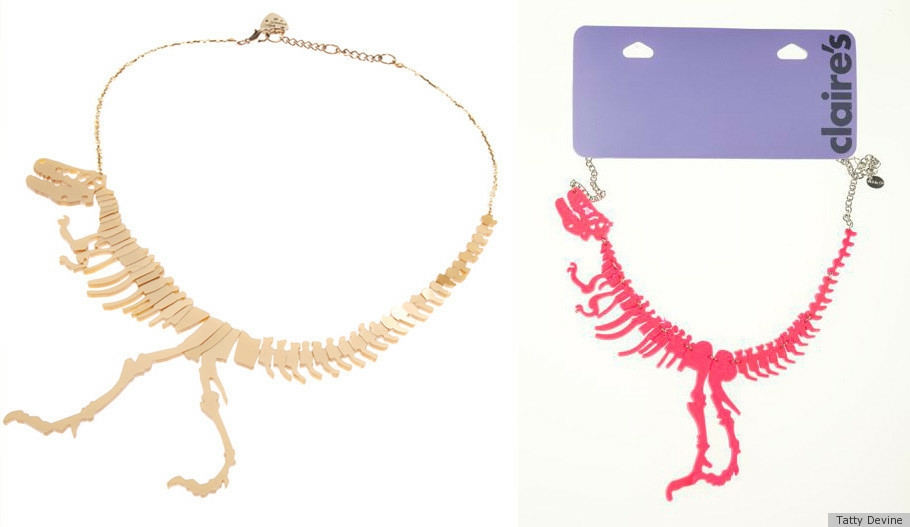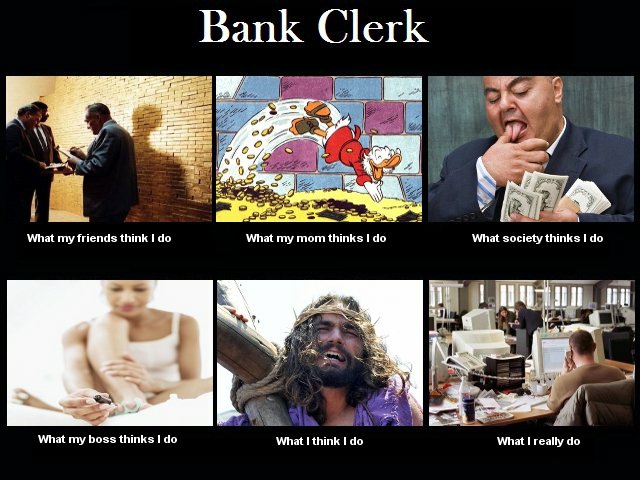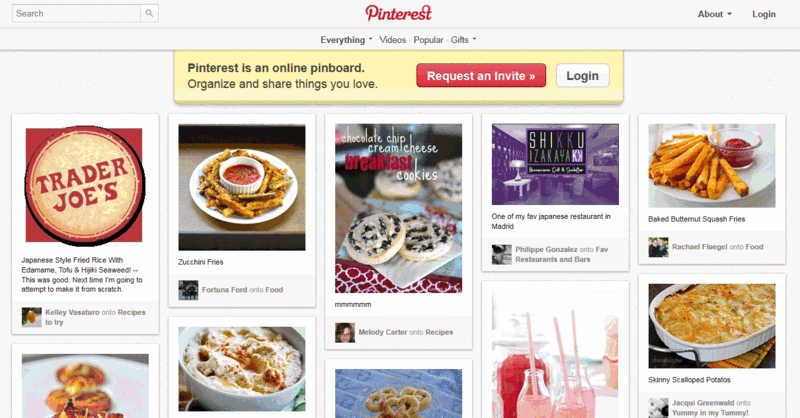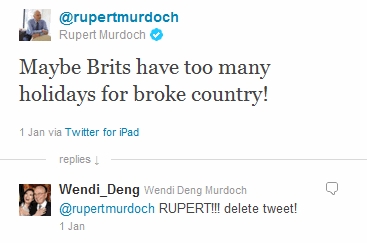PR/Communications Study Shows More Focus on Social Media
/A study of senior-level communicators reveals priorities for communication in public and private companies, government agencies, and not-for-profit organizations. The Communication and Public Relations Generally Accepted Practices (GAP VII) study is the seventh by the USC Annenberg Strategic Communication and Public Relations Center.
This year, the study shows that organizations are increasing their public relations budgets, measurements of success, and responsibilities for social media and SEO. Organizations also have given PR/Communications functions more responsibility for internal communications and customer relations. Also encouraging, PR seems to have a so-called "seat at the table," according to the report findings:
"In nearly 60% of responding companies PR/COM reports directly to the 'C-Suite' (chairman, CEO, COO, etc.), reflecting today's increasingly transparent, communication-intensive environment."
Additional changes are reported in the GAP VII executive summary, below, and in the full report.
Discussion Starters:
- Which results from the study surprise you? Which results do not surprise you?
- The study reports little use of wikis and virtual worlds for communication. What do you think accounts for this lack of use?
- Analyze how the full report is organized. Is it logical and easy to follow? What, if any, improvements would you suggest to the author?

















